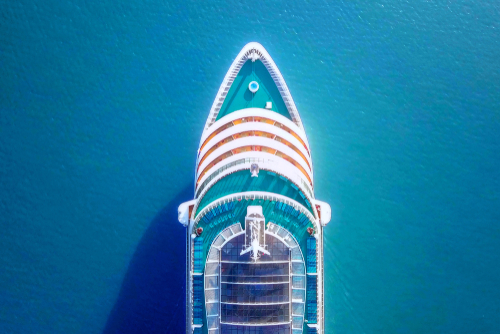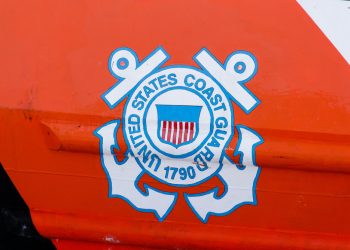The Cruise Ship NCOE issued a marine notice to provide information to owners and operators within the cruise industry regarding new requirements established with the passage of the National Defense Authorization Act (NDAA) for Fiscal Year 2021 (H.R. 6395).
In short, the newly established law requires compliance with 46 U.S.C. §3509 (Medical Standards) for all vessels subject to 46 U.S.C. §3507 (Passenger Vessel Security and Safety Requirements).
The updates in §3507 and addition of §3509 apply to all passenger vessels as defined in 46 U.S.C. §2101(31) which states; (a vessel) that is authorized to carry at least 250 passengers; has onboard sleeping facilities for each passenger; and is on a voyage that embarks or disembarks passengers in the United States.
Specifically, the new requirements under §3509 are as follows:
- Ensure a physician is always present and available to treat any passengers on board the vessel in the event of an emergency situation.
- Ensure the vessel is in compliance with the Health Care Guidelines for Cruise Ship Medical Facilities established by the American College of Emergency Physicians.
- Ensure the initial safety briefing given to passengers includes the location of the vessel’s medical facilities and the appropriate steps passengers should follow during a medical emergency.
Additionally, Section 8311 of the NDAA deleted subparagraph (D) in §3507 striking the words “(D) is not engaged on a coastwise voyage.” This expanded the applicability of §3507, §3508, and §3509 to domestic passenger vessels meeting the definition above.
[smlsubform prepend=”GET THE SAFETY4SEA IN YOUR INBOX!” showname=false emailtxt=”” emailholder=”Enter your email address” showsubmit=true submittxt=”Submit” jsthanks=false thankyou=”Thank you for subscribing to our mailing list”]
USCG Port State Control Officers have been verifying medical facility compliance with the Cruise Vessel Security and Safety Act (CVSSA) since 2010, and evaluating passenger muster compliance with the Safety of Life at Sea Convention (SOLAS) since 2012. Based on the new requirements above, USCG PSCOs will verify requirement (3) is included in the passenger safety briefing.
For vessels engaged on a coastwise voyage in which CVSSA did not originally apply, we recommend that you contact the Officer in Charge, Marine Inspections (OCMI) who issued your Certificate of Inspection (COI) to ensure you are in compliance with all requirements of §3507 and §3509.
…as USCG concluded.
































































Are cruise ships with 2500 passengers, registered in the USA and calling at US destinations required to have medical personnel (ie. doctors and/or nurses) on board for the cruise or is it optional?
I was on the NCL Pride of America in Hawaii last week and the medical center was closed. There was no doctor or nurse on board after the first day.
Is that legal?
Ellen, no, that’s not legal. I’d love to hear more about your experience.
Also — cruise ships with more than 250 passengers must abide by this law.